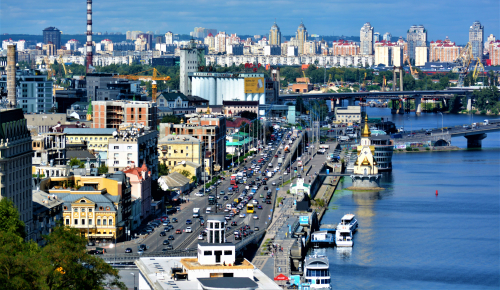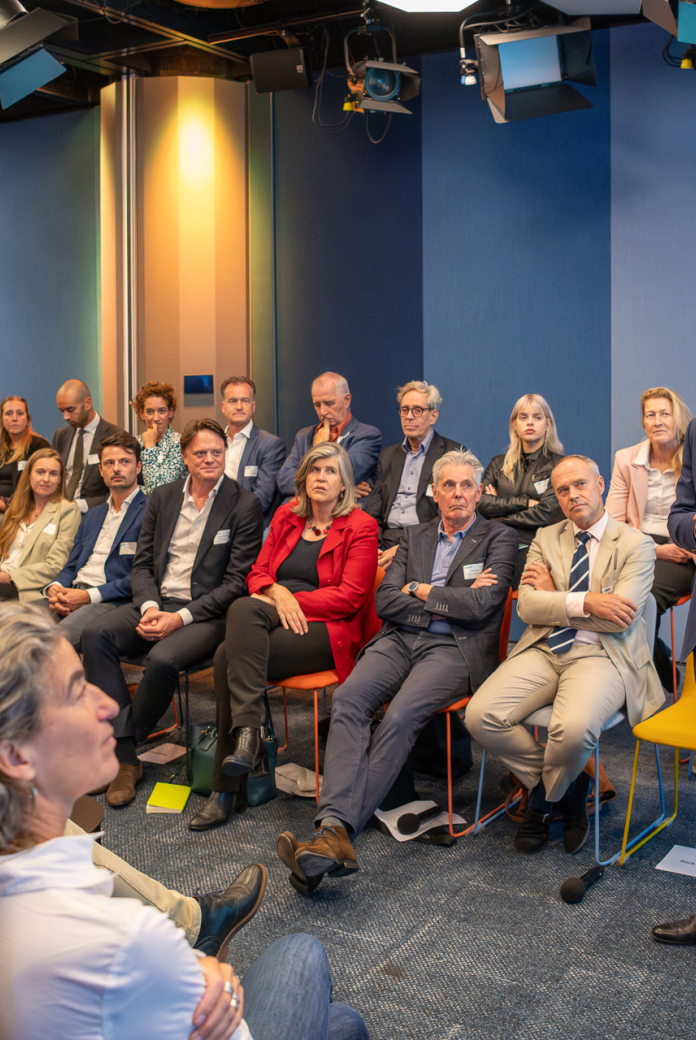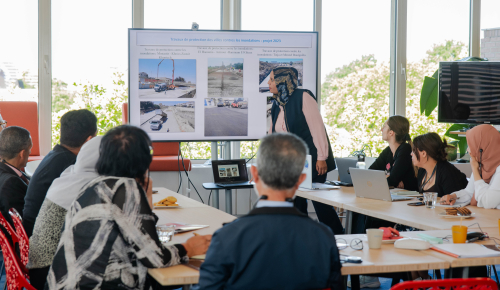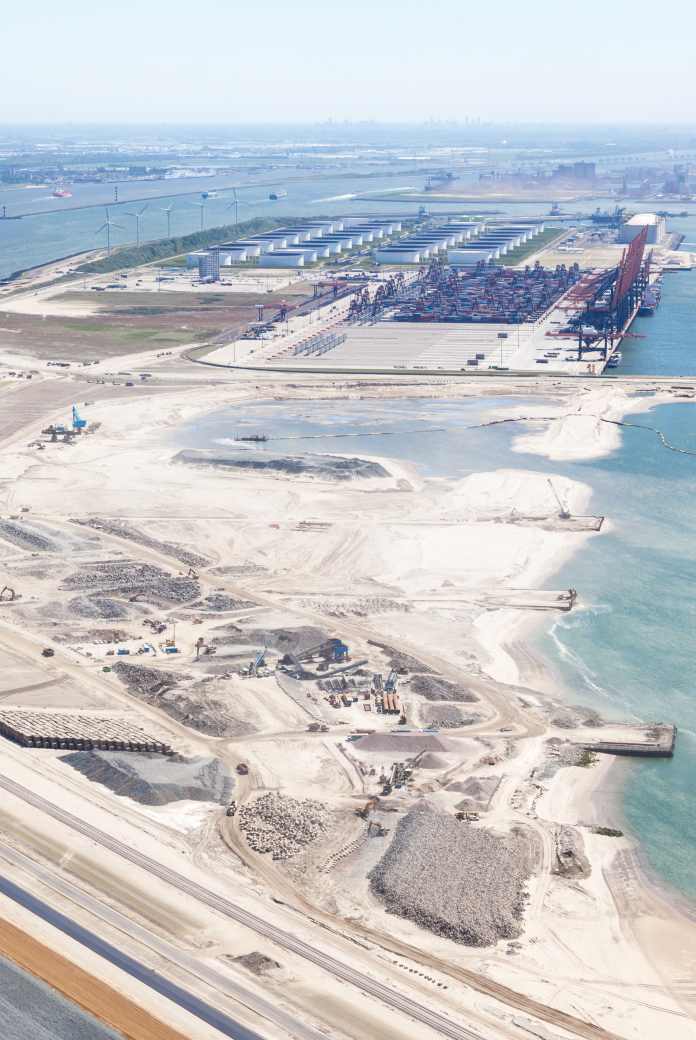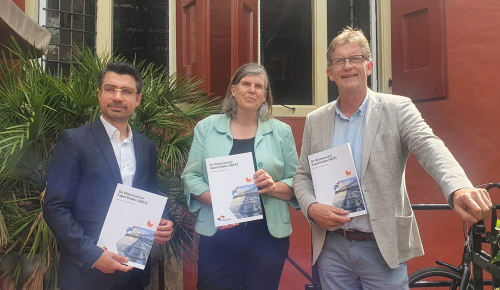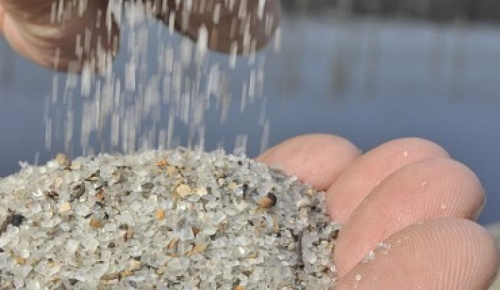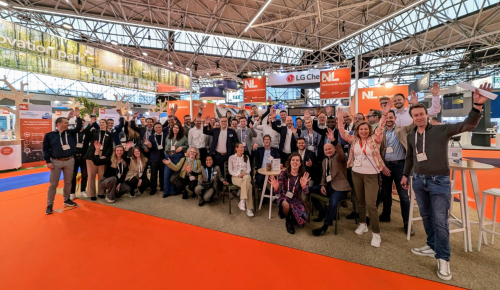News
1 October 2020Putting water at the centre of economic recovery
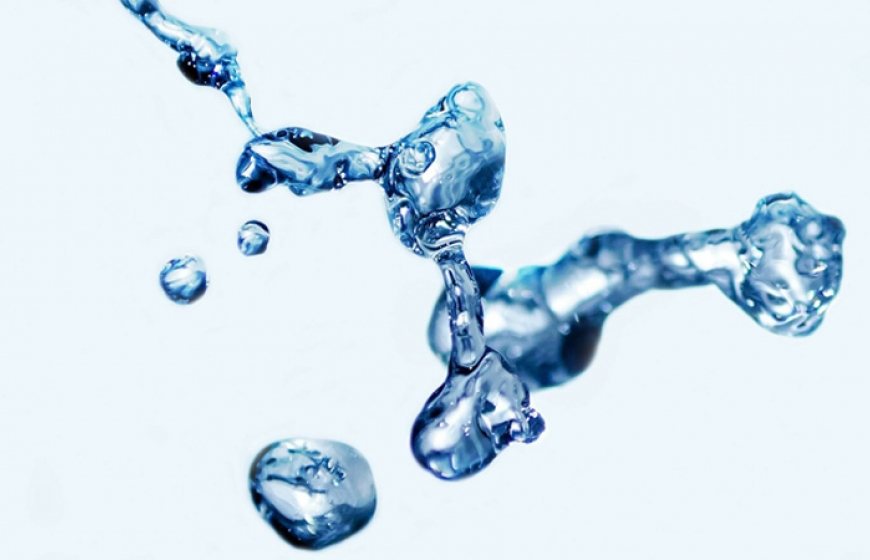
The Netherlands Water Partnership’s (NWP) network remains connected even in times of Corona. The first online NWP Meet-up took a virtual world tour and shared an overview of the recent happenings in the international water sector. Curious about the session? Check out the main highlights in the session’s recap.
On 11 September 2020, NWP hosted its first Meet-up, an online event which engages with water peers and helps them remain connected. With Covid-19 as the central theme, we addressed its impact worldwide and shared ways to move forward on topics such as water, hygiene and sanitation (WASH) and the Sustainable Development Goals (SDGs). The virtual table was attended by Bianca Nijhof, Managing Director of NWP; Patricia Vermeulen, CEO of Amref Flying Doctors; Will Sarni, founder and CEO of Water Foundry; and, Joseph Murabula, CEO of Kenya Innovative Finance Facility for Water (KIFFWA).
The four speakers agreed that the current Covid-19 pandemic is creating a momentum for water and that now is the time to speed things up. Putting water at the heart of the plans for an economic recovery, making sure that we collaborate across sectors and stakeholder groups, and taking the opportunities that the digitisation of the water sector offers were a few of the drivers for change shared by the experts.
Covid-19 and the water sector
The speakers confirmed that Covid-19 made them feel a bit less connected because they are working from home and maintaining social distancing recommendations. And in terms of water challenges, they agreed that the pandemic emphasises the need for safe water more than ever. In Sarni’s words, “this pandemic is a trend accelerator.”
“Looking at WASH, there is momentum now. There is a clear need to really invest in making sure that everybody has access to clean water and good, healthy sanitation,” added Vermeulen.
Valuing water for economic recovery
The Managing Director of NWP pointed out that the value of water is not understood well enough. According to Nijhof, “water is one of the SDGs, but it is also connected to all the other SDGs. Maybe it is water’s bad luck that it is everywhere. It is recognised as very important, but without putting a monetary value on it, we tend to forget about it. I am not stressing that we put a monetary value on water, but the SDGs are a good start to begin thinking differently about values in the world. We have a monetary value, a social value and an environmental value. We need all these to be in balance, to have a world where our future generations can live healthily. We are starting, but we can put water even higher on the agenda. We can put water at the centre of green recovery programmes.”
In Kenya, for example, people are beginning to see the real value of water, stated Murabula, CEO of KIFFWA. Since the pandemic, everybody is working on how to use water more efficiently. Water is an enabler of economic activity.
Collaboration across stakeholders
“We see lots of support for the short-term collaborations and solutions, but we really need to ensure there is support for the long term as well,” said Vermeulen. Even though she sees partnerships arising between companies, NGOs and other institutions to really work together, the CEO of Amref Flying Doctors added that “in the long term, we need to go way further. How are we going to make these short-term initiatives sustainable in the long term? That requires different solutions and requirements and a very different strategy.”
Water Foundry’s CEO, Will Sarni, referred to water as a wicked problem and said that “one of the attributes of a wicked problem is that no one stakeholder can solve it; you really need to engage and align action. We need to do a better job within the water sector, and we need to bring in outsiders.”
Opportunities in digitising water
“The digitisation of the water sector was well under way in January, but it has been dramatically accelerated. Analogue is really not an option anymore for water and wastewater utilities and for the industrial sector. The ability to quantify water use, determine water quality, manage assets and support remote workforces has become absolutely critical for the water sector,” concluded Sarni.
In Kenya, however, the water sector is one of the last adopters of technology because “water is seen as a social good, a gift of God, so there is no need to be efficient,” explained Murabula. That is slowly changing in the face of digitisation, though. For example, water companies are now adopting digital payment solutions.
Another great example of taking up new digital opportunities was shared by Vermeulen. She explained that Amref developed an app together with the Kenyan Ministry of Health, Safaricom and Accenture to train new health workers and keep existing ones up to date. "We have 36 health modules on topics like high blood pressure and HIV running on really basic Nokia phones,” said Vermeulen. The different modules can be done by listening to podcasts and reading text messages. The app is free of charge, has a chat function and can be used to send push messages. “We also use it to train health workers on Covid-19. At the request of the Kenyan Government, we created a special Covid module and spread the message via our platform to 26,000 registered Kenyan health workers. Because of the crisis, the platform has now already scaled up to 63,000 registered health workers in several other countries.”
Webinar on demand
If you missed the session and are intrigued by these main highlights, watch the recordings of the NWP Meet-up.
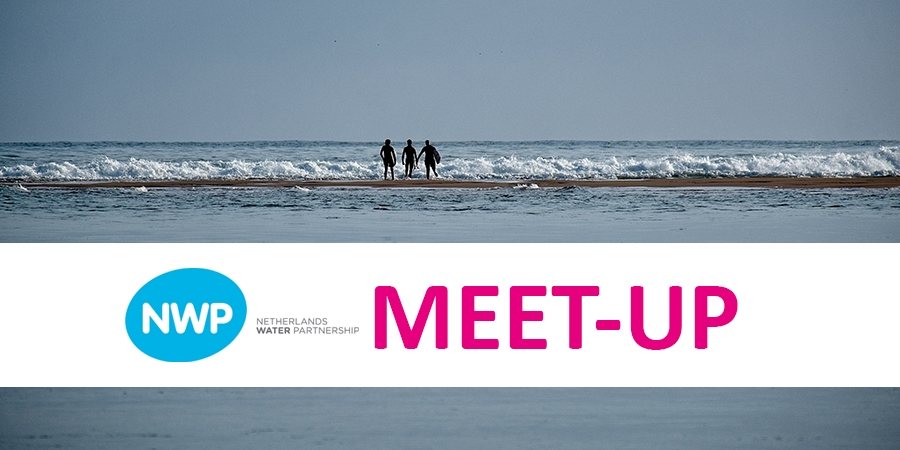
Featured NWP members: AMREF Health Africa
